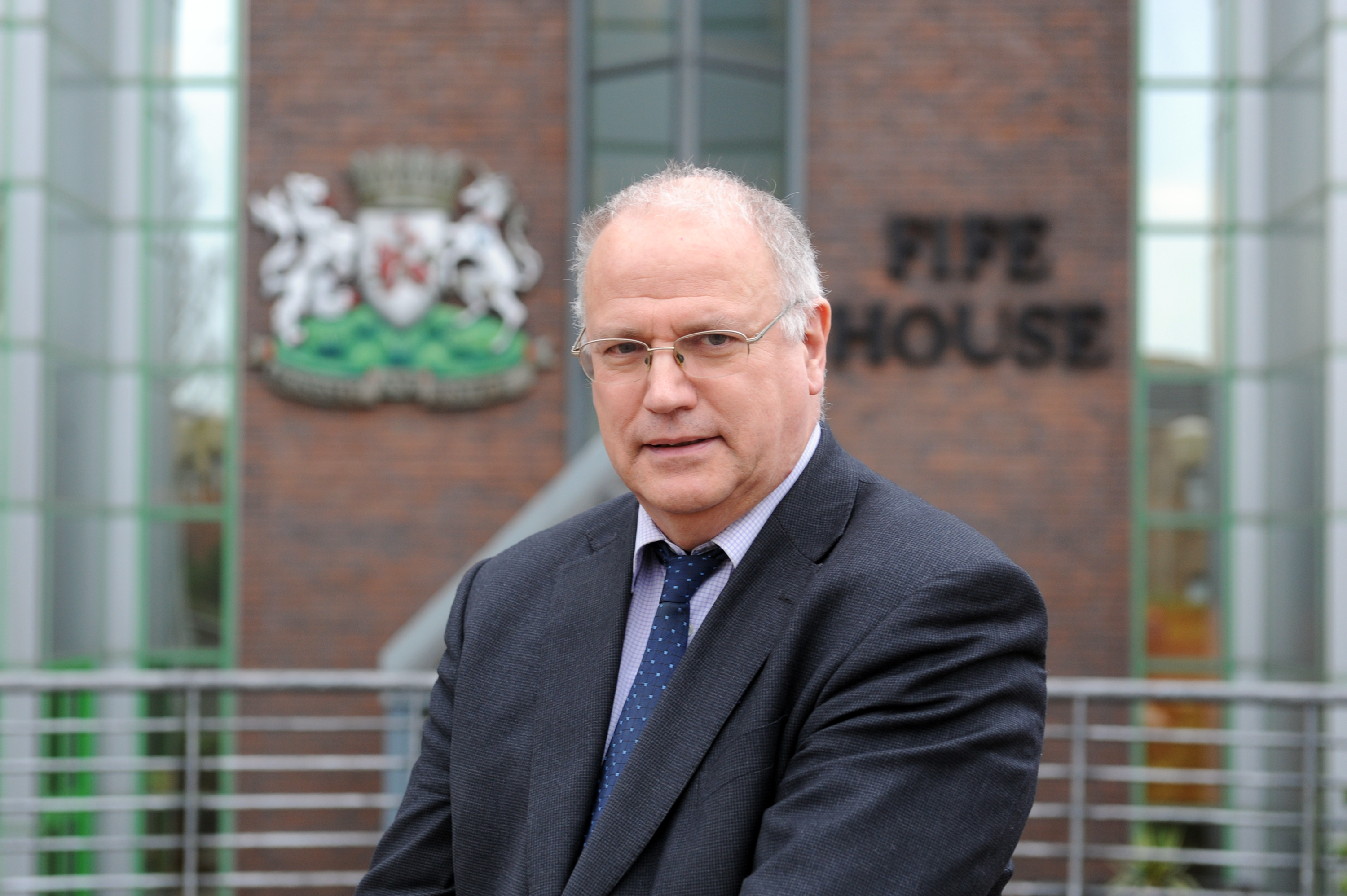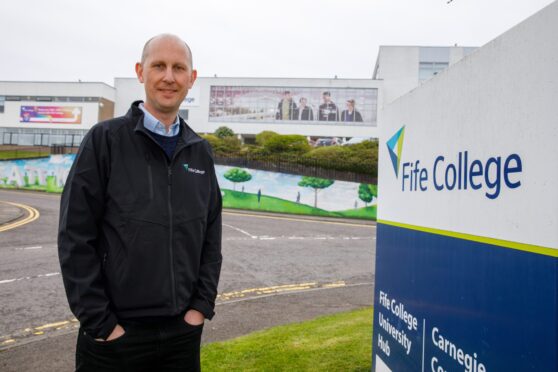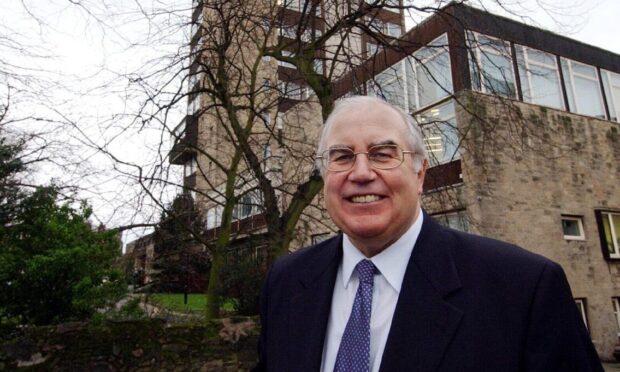A flagship SNP reform designed to improve working between health boards and local authorities is putting them at loggerheads over funding, claims the leader of Fife Council.
David Ross, who heads up the minority Labour administration, also said there is “little evidence” the integration of health and social care is freeing up hospital beds amid the wider cash squeeze.
Dozens of new public bodies – called integration joint boards – were set up a year ago in Scotland to improve collaboration between NHS boards and councils for meeting the demands of an ageing population.
Mr Ross, who runs the second biggest council in the country, said they are “fully committed” to integration, but added there are still major challenges to “making a real success of this approach”.
Those hurdles include disputes over who pays for what under a system supposed to eliminate those confrontations, councillors say.
“A lack of transparency in the joint funding arrangements for the IJB is creating tensions between council, NHS and the IJB that must be overcome,” Mr Ross said.
“We have seen little evidence of achieving the desired shift from acute to community care and there is a real question mark as to how far this is possible given the pressures on all parts of health and social care.”
Last year Nicola Sturgeon called integration the “most radical reform in healthcare in Scotland since the foundation of the NHS”.
It was predicted to reap up to £157m a year in budget savings by reducing damaging trends such as bed-blocking and unplanned hospital admissions.
Fife Council’s health spokesman Alan Roger, who is an independent councillor and staunch supporter of integration, said there is a “clash of cultures” between health and council chiefs, which has led to some NHS figures feeling “picked on”.
“It’s human nature that both sides want to protect their budgets, when they have residents wanting the roads and other services to be maintained,” he added.
“But the IJB was supposed to do away with fights over ‘you pay for this and you pay for that’.”
Mr Roger said tackling the “over-prescribing epidemic”, which could see Fife Council’s contribution for drugs soar from £1m to £3m a year, is key to diffusing tensions.
“If you are able to curtail prescribing costs and unidentified savings, you would find that everyone would work much better together,” he added.
NHS Fife chairman Tricia Marwick, who joined the board this year, said she has “reached out” to Mr Ross and others to discuss relations between the bodies.
“I have made it clear it is in all our interests to ensure relationships work well and it is my intention to continue these discussions so that together we can achieve the best outcomes for the people of Fife,” she said.
A Scottish Government spokesman said integration has already seen the average number of delayed discharges halve over the last six months in the kingdom.
“The Scottish Government has set out statutory requirements for health boards, local authorities and health and social care partnerships to set out clearly their financial arrangements in relation to integrating health and social care, for all budgets delegated to the new partnerships, including for hospital services,” he added.









